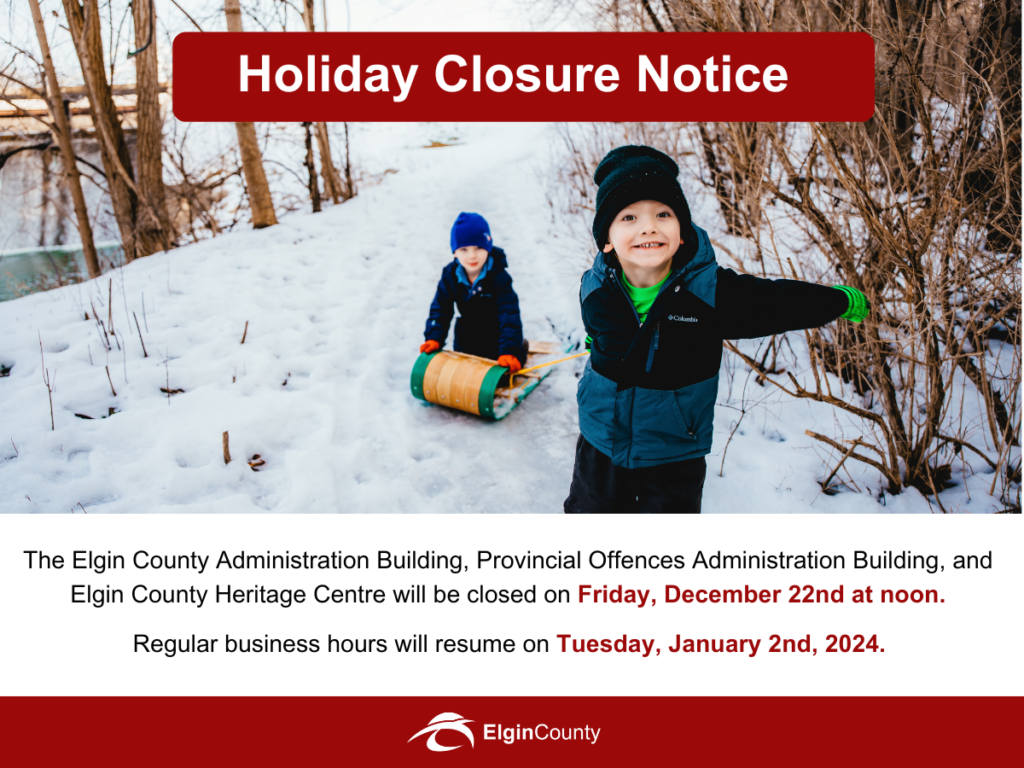Emergency Preparedness
Individual preparedness efforts are essential for mitigating the impacts of disasters. By taking proactive steps individuals can significantly reduce certain risks during emergencies. The severity of a disaster can lead to delays in emergency response and resources, highlighting the importance of self-sufficiency. Prepared individuals can navigate through challenges more effectively, ensuring their safety and the well-being of their loved ones until help arrives. Here’s how you can ensure you’re ready to handle emergencies effectively:
- Create an Emergency Kit: Assemble a kit that includes essential items such as non-perishable food, water (at least two litres per person per day), medications, a first aid kit, flashlight, blankets, and personal hygiene items. Customize the kit based on your family’s needs, including supplies for infants, seniors, or pets. Your kit should also house important documents, like insurance policies, IDs, medical records, and emergency contacts stored in a waterproof container. Keep digital copies for quick access.
- Stay Informed and Connected: Staying informed during emergencies is vital. Local radio, social media, and TV news are essential sources of information during emergencies. Radios and social media platforms provide real-time updates and help everyone connect with the local Municipality. TV offers detailed coverage to keep everyone informed and safe. Consider alternative power solutions if your information sources rely on batteries. Some radios use crank charging, and power packs can charge electronics. These precautions help keep you informed and connected.
- Develop a Family Communication Plan: Establish a plan for how your family will communicate during emergencies. Designate an out-of-area contact person whom everyone can reach to check in and share information. Ensure everyone knows how to contact emergency services if needed.
- Know Your Risks: Understand the types of emergencies that are most likely to occur in your area, such as severe weather, flooding or power outages. Tailor your preparedness plans to address these specific risks.
- Stay Calm and Flexible: In times of crisis, remaining calm and adaptable is key. Follow official instructions, avoid spreading rumors or misinformation, and be prepared to adjust your plans based on evolving circumstances.
By taking these proactive steps, you can enhance your readiness to handle emergencies effectively and ensure the safety and well-being of yourself and your loved ones, even in challenging situations like those that may arise in Elgin County.
It will take you about 20 minutes to make a family emergency plan online. You can then print it out. Before starting, you will need to think about:
- Safe exits from home and neighbourhood
- Meeting places to reunite with family or roommates
- Designated person to pick up children should you be unavailable
- Contact persons close-by and out-of-town
- Health and insurance information
- Places for your pet to stay
- Risks in your region
- Location of your fire extinguisher, water valve, electrical panel, gas valve and floor drain
Basic emergency kit
- Water – at least two litres of water per person per day; include small bottles that can be carried easily in case of an evacuation order
- Food that won’t spoil, such as canned food, energy bars and dried foods (replace food and water once a year)
- Manual can-opener
- Crank or battery-powered flashlight (and extra batteries). Replace batteries once a year.
- Crank, battery-powered radio (and extra batteries) or Weatheradio
- First aid kit
- Extra keys to your car and house
- Some cash in smaller bills, such as $10 bills and change for payphones
- A copy of your emergency plan and contact information
- If applicable, other items such as prescription medication, infant formula, equipment for people with disabilities, or food, water and medication for your pets or service animal (personalize according to your needs)
Recommended additional items
- Two additional litres of water per person per day for cooking and cleaning
- Candles and matches or lighter (place candles in deep, sturdy containers and do not burn unattended)
- Change of clothing and footwear for each household member
- Sleeping bag or warm blanket for each household member
- Toiletries
- Hand sanitizer
- Utensils
- Garbage bags
- Toilet paper
- Water purifying tablets
- Basic tools (hammer, pliers, wrench, screwdrivers, work gloves, dust mask, pocket knife)
- A whistle (in case you need to attract attention)
- Duct tape (to tape up windows, doors, air vents, etc.)
If you think your water is contaminated, check with your municipality or local authorities for details. When in doubt, do not drink water you suspect may be contaminated.
Keep some cash on hand, as automated bank machines and their networks may not work during an emergency. You may have difficulty using debit or credit cards.







